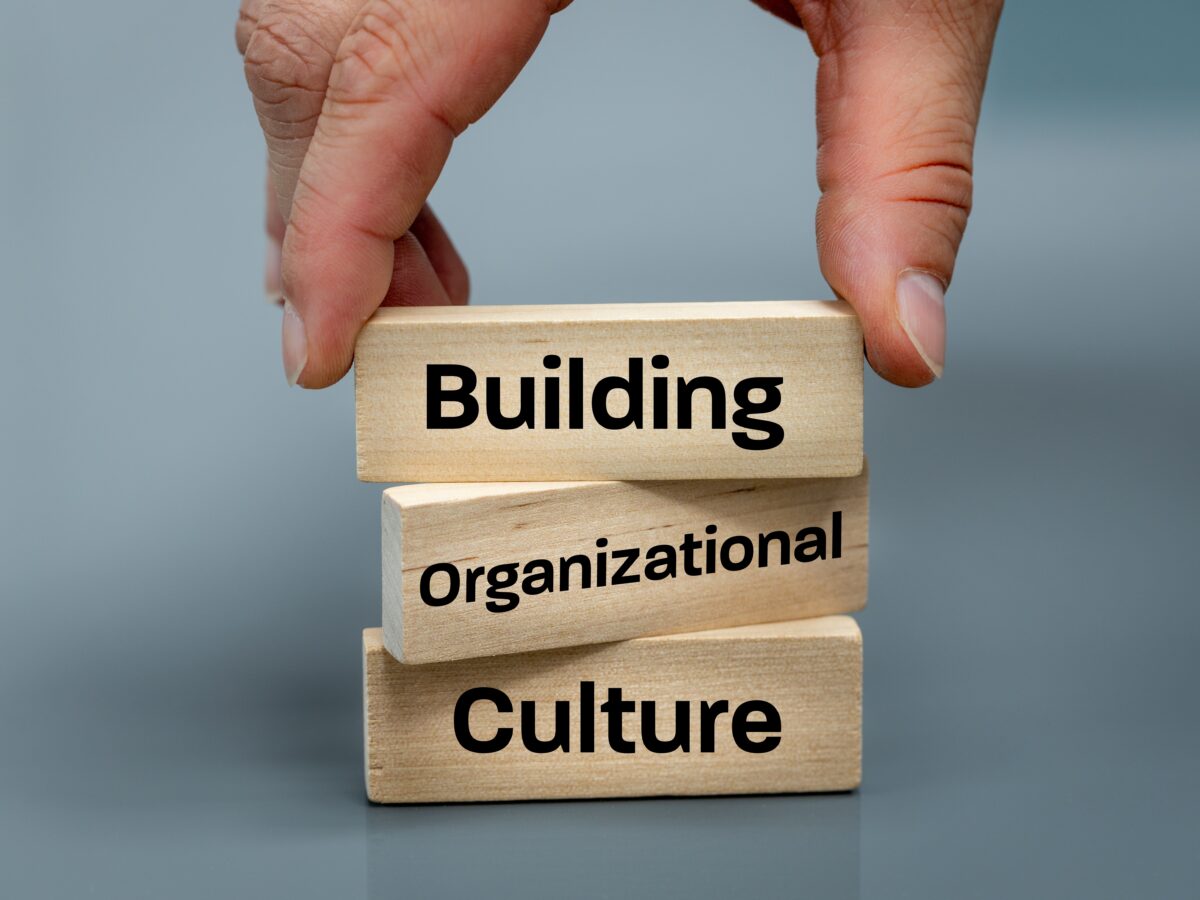What is presenteeism and how to prevent it
In a fast-paced world, with a high functioning workplace, it is easy for workers to fall behind. Often, they will suffer in silence. As we have all probably experienced at some point in our lives, the heavier your workload appears, the harder it is to tackle.

Even the most dedicated members of your team can have an off-day. This can lead to a build up of work, and without the right support, it can lead to presenteeism.
Presenteeism is described by the Oxford Dictionary as: –
“the practice of being present at one’s place of work for more hours than is required, especially as a manifestation of insecurity about one’s job.”
To expand on this, presenteeism causes disruptions to employees’ workflow. It can be counter-productive and can easily spiral out of control. When your staff are burnt out or unwell, they need to take time off. For many workers, this feeling comes with guilt and shame, and they may simply continue to coast along, exasperating the issue.
Causes of presenteeism
There are a number of factors that can lead to workplace presenteeism. Some relate to company standards, some to staff health, and some to workplace culture.
With high expectations, comes pressure. Large workloads, little to no sick day entitlement and abuse or harassment for sick days can lead to an unhealthy approach to work.
For an employee, dedication to the job can lead to a reluctance to take time off. General health issues, however minor, can also be the cause of presenteeism. Other examples could be attempting to bank sick days or a sense of loyalty or self-importance within their role.
Identifying presenteeism
You can identify signs of presenteeism by carefully monitoring your employees’ productivity. Look for drops in their output, or fluctuating patterns in their productivity.
Building on a positive workplace culture that involves communication and openness between staff can identify issues through staff networks. Staff surveys, team meetings and a general approachability will mean your staff are more likely to highlight any issues they or the team are experiencing.
Preventing presenteeism
If presenteeism seems to be prevalent across your workforce, the first thing you need to do is identify the issue. Utilising your HR department to conduct surveys in employee satisfaction will almost certainly bring forward any issue of contention.
Developing a culture of care amongst the organisation will also improve employee satisfaction. Checking the company sickness policy is fair, just and communicated properly can benefit the business and the staff.
Management should lead by example, be approachable, and in touch with their teams. This all works to create a happy workforce, and a happy workforce is a productive workforce. By keeping in touch, you can better understand the levels of health and wellbeing your staff are operating at.
MindBerry
At MindBerry, we developed a platform that puts workforces in touch with healthcare professionals. Our online service provides access to coaching and counselling through our dedicated portal.
The platform allows you to find the right professional, book your appointment and then undertake the appointment through our encrypted comms portal as a video, audio and private message session, so your employees can keep on top of their mental health and wellbeing. Any workplace concerns they have can be monitored.
From an employer’s perspective, you can monitor the overall satisfaction of your workforce, identifying changes and addressing issues before they lead to presenteeism. If you’d like to speak to us about how we can help keep your staff fit and able, you can contact us today.


